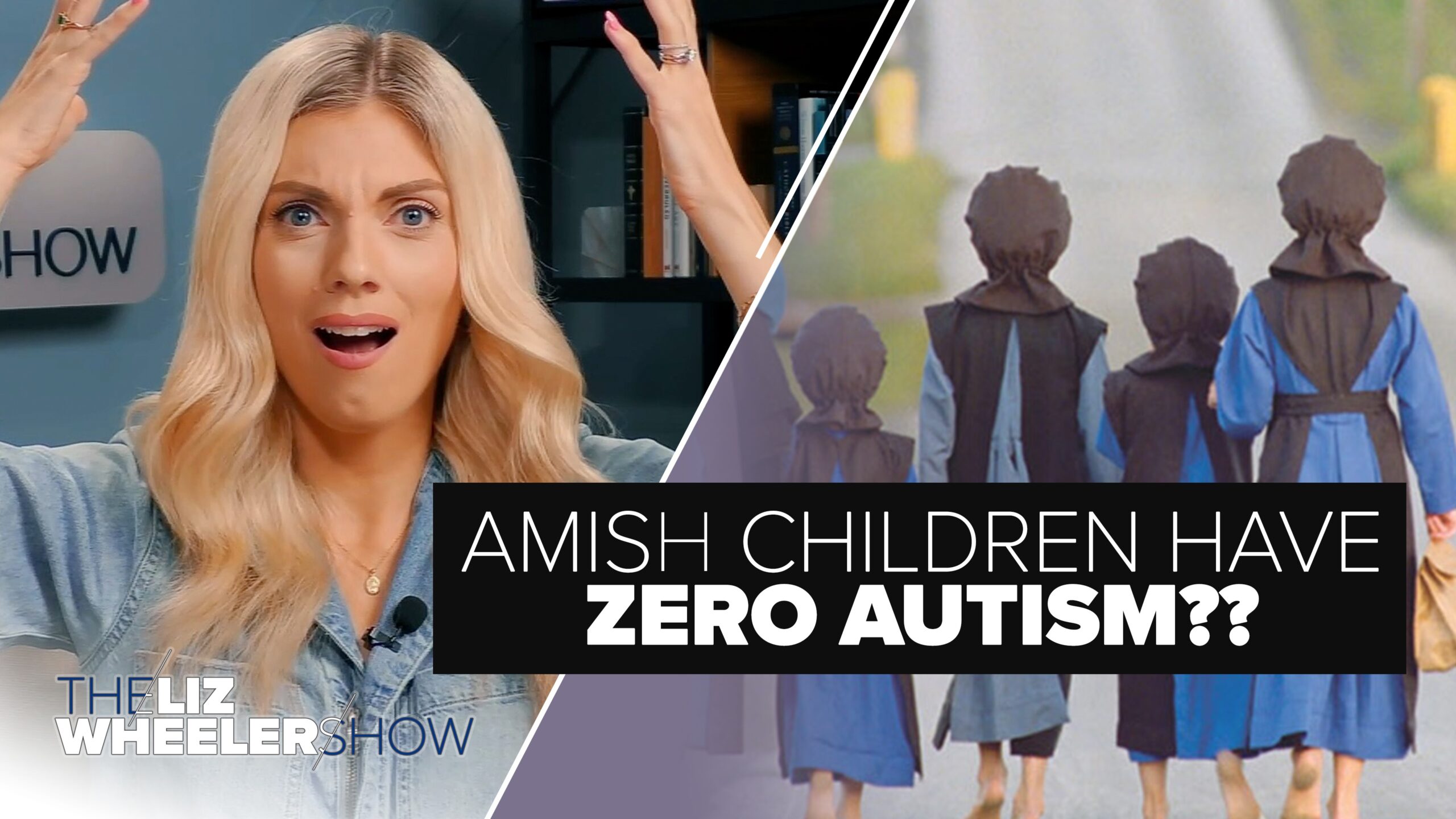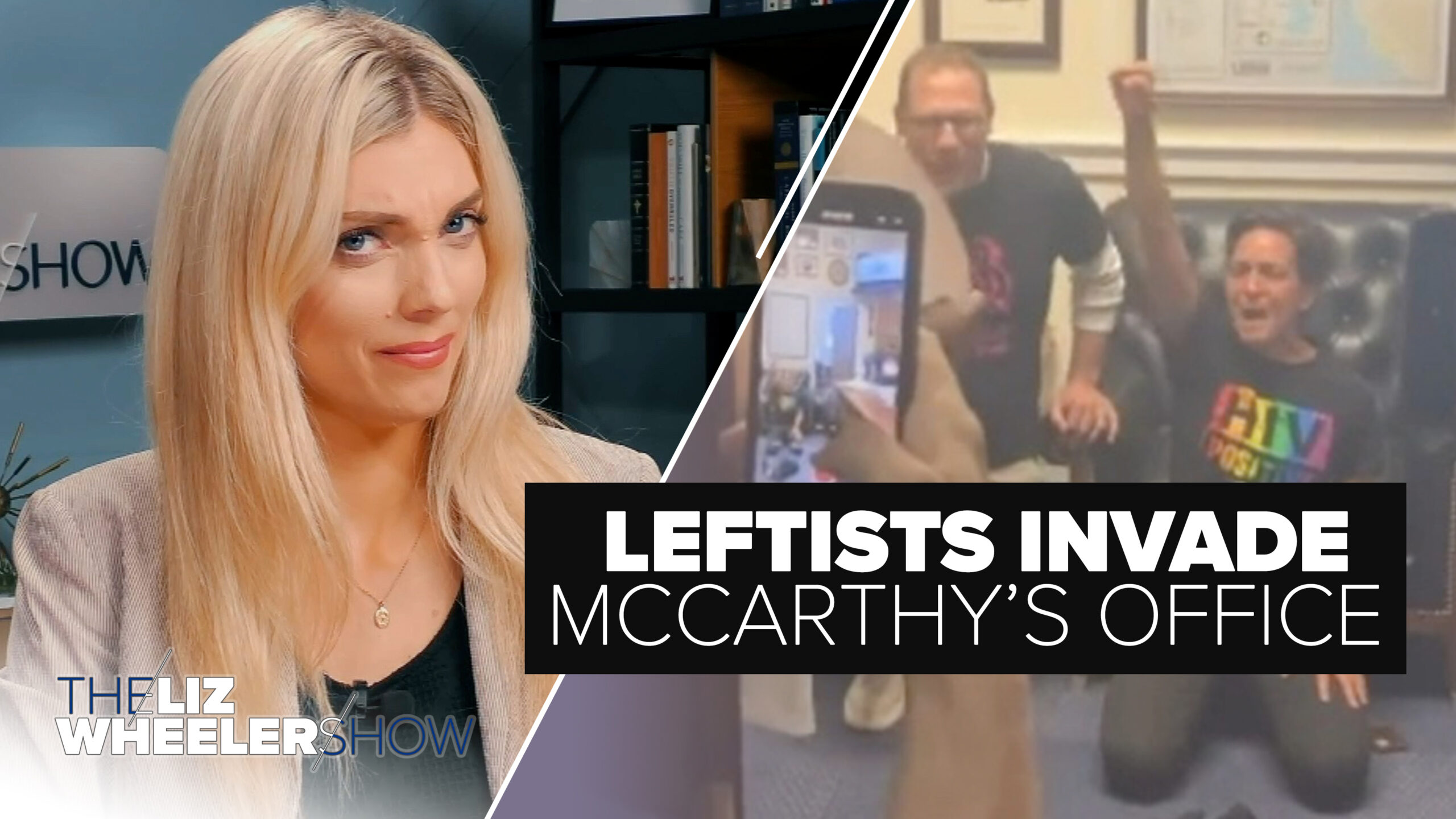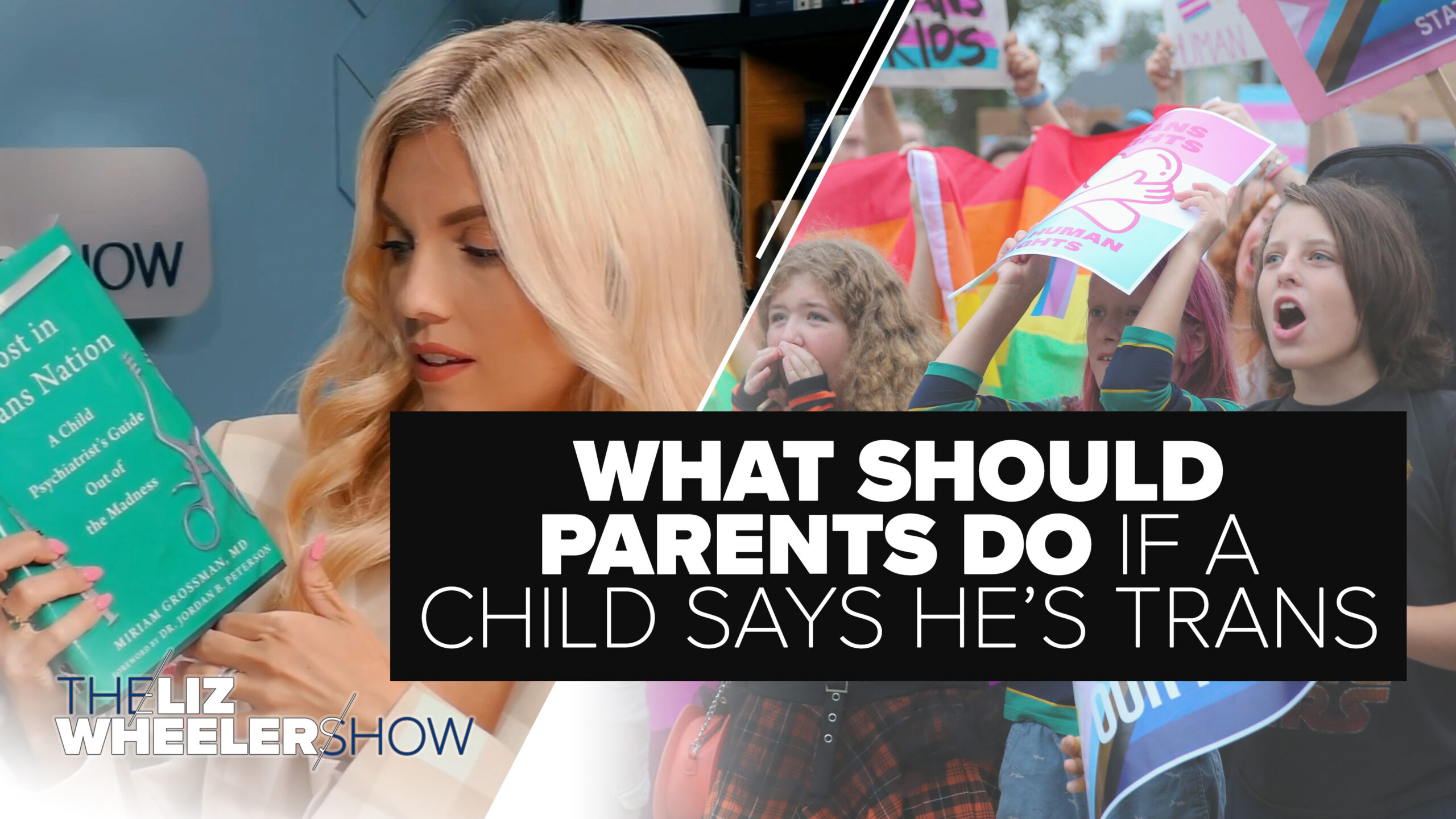SHOW SUMMARY
Liz continues her discussion from the previous week about people changing their minds on political issues. She reflects on her own evolving views regarding public schools, moving from believing they could be reformed to advocating for their abolition. Liz mentions her forthcoming book, “Hide Your Children,” where she explores the influence of self-proclaimed Marxists in education.
Liz delves into the case of Emily Dubinsky, the president of the American Library Association, who identifies as a Marxist and supports placing controversial books in children’s sections of libraries. She plays a video of Dubinsky advocating for libraries and schools to be used as sites of “socialist organizing.” Liz emphasizes that this type of ideology informs her shift towards advocating for the elimination of public schools, asserting that they have become sources of indoctrination rather than education.
Liz then addresses recent mask mandates in New York City and Anthony Fauci’s contradictory statements about mask efficacy. She criticizes the government’s tendency to exert control indirectly through private institutions, like hospitals, to enforce mandates. She points out the inconsistency of tech companies censoring certain topics while allowing misinformation to flourish.
Transitioning to legal matters, Liz discusses a legal theory suggesting that the 14th Amendment’s disqualification clause could be used to prevent Donald Trump from running for office. She breaks down the context of this clause, explaining its historical purpose and how it may not apply in this situation. She cites a legal expert from the Heritage Foundation, who argues that the disqualification clause is no longer valid due to past legislation.
Liz concludes by urging Republicans to be assertive and strategic in countering the Left’s efforts, even if it means using the power of government when justified. She mentions the sentencing of Proud Boys members related to the January 6th events and promises an upcoming episode discussing the sentences and their implications.
Show Transcript
This transcript was generated automatically and may contain typos, mistakes, and/or incomplete information.











